Journey to Recovery Community Center has moved to a new location and is now open for in-person groups and Recovery Coaching sessions. Located right across from North Country Hospital, at 212 Prouty Drive, in the Birchwood Medical office building, JTRCC offers a variety of groups from Narcotics Anonymous, All Recovery, Moms in recovery and more. The location is warm and welcoming, with plenty of space for social distancing. All staff are fully vaccinated and committed to the health and safety of all. Though JTRCC has opened its doors for in-person support, all coaching and groups are still available by zoom as well. The access information is listed below.
What is Journey to Recovery Community Center? JTRCC is a peer-supported recovery center. What is peer support? According to Substance Abuse and Mental Health Services Administration (SAMHSA), “’peer support’” refers to a process through which people who share common experiences or face similar challenges come together as equals to give and receive help based on the knowledge that comes through shared experience.” At JTRCC, who are the peer support coaches? Executive Director Lila Bennett says:
“Peer support coaches are people who are successful in and actively working on their own recovery, who have undergone and overcome extreme hardship, and are committed to helping others who are experiencing similar situations and challenges. Through shared understanding, respect, motivational interviewing and mutual empowerment, peer support coaches help those seeking support become and stay engaged in the recovery process and reduce the likelihood of relapse. The Peer Support coaches at JTRCC are all certified Recovery Coaches through Recovery Vermont, ensuring they each have the proper education and professionalism to be supporting others.” Peer support services effectively extend the reach of treatment beyond the clinical setting into the everyday environment, because it brings and element of compassion and equity to the healing. Peer supported recovery is for individuals seeking a successful, sustained recovery process. To add further support and ensure greater success, JTRCC uses a trauma informed approach. What is trauma informed? It means that what a person has been through, such as adverse childhood experiences, is taken into consideration and embraced to help understand the deeper reasons why a person was driven to substances in the first place. Amber Robbins, The Director of the Mom’s in Recovery Program, has this to say about the approach of JTRCC:
“Coming to work for Journey to Recovery as a certified recovery coach has given me the opportunity to use my lived experiences in a meaningful way to create change and hope in my community. One of my favorite quotes is” The opposite of addiction isn’t sobriety- it’s connection” by Johann Hari. Being a recovery coach is being that support and making sure that you are connected to all the resources you need to be successful in your recovery and life. We celebrate and respect all paths to recovery here at Journey to Recovery and we are a safe place for anyone in recovery or thinking about recovery.“
Journey to Recovery Community Center is committed to helping our community understand that if someone becomes addicted, if someone is struggling with alcohol or heroin or anything that is creating problems in their life or making life painful to live, it does not make them a weak or lesser person. Dependence on substances is pervasive. Life offers many challenges, and most people are not taught many healthy coping skills. JTRCC, as part of recovery support, offers the concept of healthy coping skills, and then will work with each person to implement them into daily life.
What Journey to Recovery offers is an in-depth way of looking at why a person might be driven to take up substance use in the first place, and how to find other ways to manage pain and stress than drinking or drugs. The following statistics provided by the Substance Abuse and Mental health Administration outline the level of suffering that is happening nationally:
- Almost 21 million Americans have at least one addiction, yet only 10% of them receive treatment.
- Drug overdose deaths have more than tripled since 1990.
- Alcohol and drug addiction cost the U.S. economy over $600 billion every year.
- About 20% of Americans who have depression or an anxiety disorder also have a substance use disorder.
- More than 90% of people who have an addiction started to drink alcohol or use drugs before they were 18 years old.
- Americans between the ages of 18 and 25 are most likely to use addictive drugs.
It is the goal of Journey to Recovery Community Center to raise awareness around substance use, why people do it, and all the ways it becomes problematic. JTRCC is here to educate more people to understand that help exists and that there is nothing wrong with asking for help. It is up to each and every one of us to begin to understand that taking steps to change any kind of destructive behavior is a sign of courage and strength, not weakness. Every single person is deserving of a happy and healthy life. For more information about JTRCC and the services offered and zoom links to meetings, please visit www.jtr-cc.org or call the center at (802) 624-4156. Please visit and “like” the JTRCC Facebook page as well, as it is updated daily with tips and resources, and the zoom links to all meetings.

